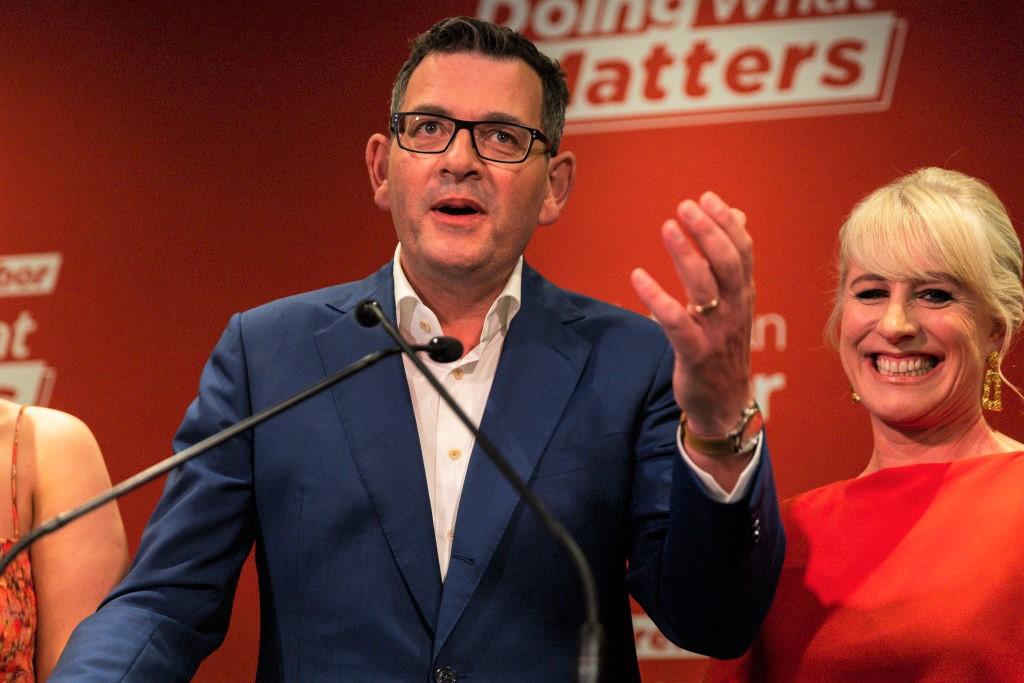Premier Daniel Andrews has defended the use of taxpayer funds to gauge public sentiment during the world’s longest COVID-19 lockdowns in the state of Victoria.
The state leader was responding to revelations that a research firm, QDOS, was hired to test the community’s reaction towards restrictions like the five-kilometre travel radius, curfews, shutting down industries, childcare closures, and the differences in sentiment between the regions and metro areas.





